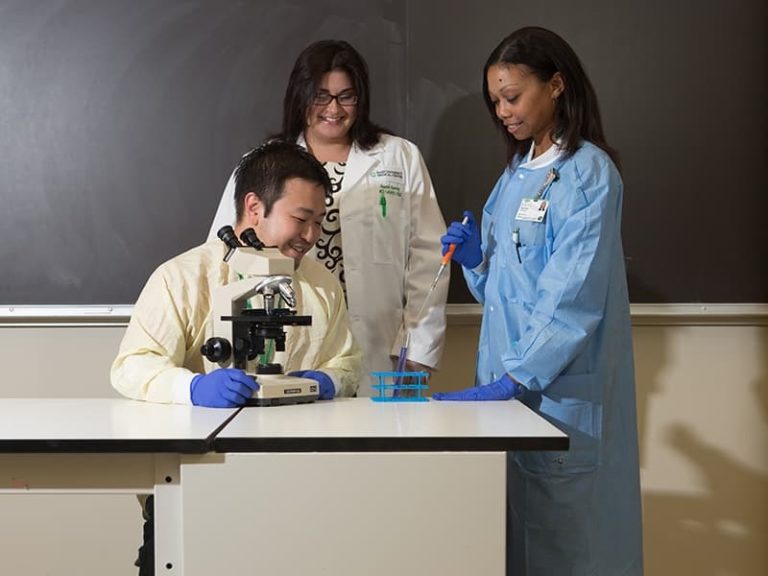Addiction recovery is often perceived as a singular event, like flipping a switch from “addicted” to “recovered.” However, the reality is far more nuanced. Recovery is a process, a journey through various stages of change, each with its own challenges and opportunities for growth. This blog aims to demystify these stages, offering you a roadmap for your journey to recovery.
Precontemplation: The Stage of Unawareness
In the pre-contemplation stage, the individual may not even recognize that there’s a problem. Denial is a common trait at this stage, and the idea of change is usually met with resistance.
What You Can Do: If you find yourself or a loved one in this stage, education is crucial. Sometimes, external influences like family interventions or legal issues can serve as a wake-up call. However, the ultimate realization must come from within.
Contemplation: The Stage of Ambivalence
At this stage, the individual starts to recognize the problem but is ambivalent about making a change. They weigh the pros and cons of their behavior and the benefits and drawbacks of quitting.
What You Can Do: This is a good time to seek professional advice. An addiction counselor can help you evaluate your options and understand the long-term consequences of your choices.
Preparation: The Stage of Planning
Once the decision to change is made, the next step is preparation. This stage involves planning the “how” of change. It’s the time to set achievable goals, gather resources, and seek support.
What You Can Do: Prepare a concrete plan. Whether it’s choosing a quit date, enrolling in a treatment program, or seeking out support groups, having a tangible plan increases your chances of success.
Action: The Stage of Implementation
This is the stage where plans are put into action. It’s a critical phase but also a vulnerable one, as the risk of relapse is high.
What You Can Do: Consistent support is crucial at this stage. Regularly attend therapy sessions, engage with your support groups, and don’t hesitate to lean on friends and family for emotional support.
Maintenance: The Stage of Sustained Change
Once the action stage is successfully navigated, the individual enters the maintenance stage. The focus here is on sustaining the new behavior and avoiding relapse.
What You Can Do: Continue with therapy and support groups. Also, identify triggers and develop coping strategies to deal with them. The maintenance stage is ongoing; it’s about solidifying the changes you’ve made and integrating them into your life.
Relapse: A Stage, Not a Failure
Relapse is often considered a stage in the process of change. While it’s a setback, it’s not a sign of failure. It’s an opportunity to learn and adjust your strategies for recovery.
What You Can Do: If a relapse occurs, don’t lose hope. Revisit your plan, identify what went wrong, and adjust your strategies. Seek additional support and consider it a learning experience, not a failure.
Final Thoughts
Understanding the stages of change in addiction recovery can provide you with valuable insights into your journey. Each stage offers unique challenges but also opportunities for growth and self-discovery. By recognizing where you are in this process, you’re better able to stick to a path of recovery. For more information on addiction therapy, contact a licensed professional near you. And remember, seeking help is a massive step in the right direction- congratulations on your decision.











